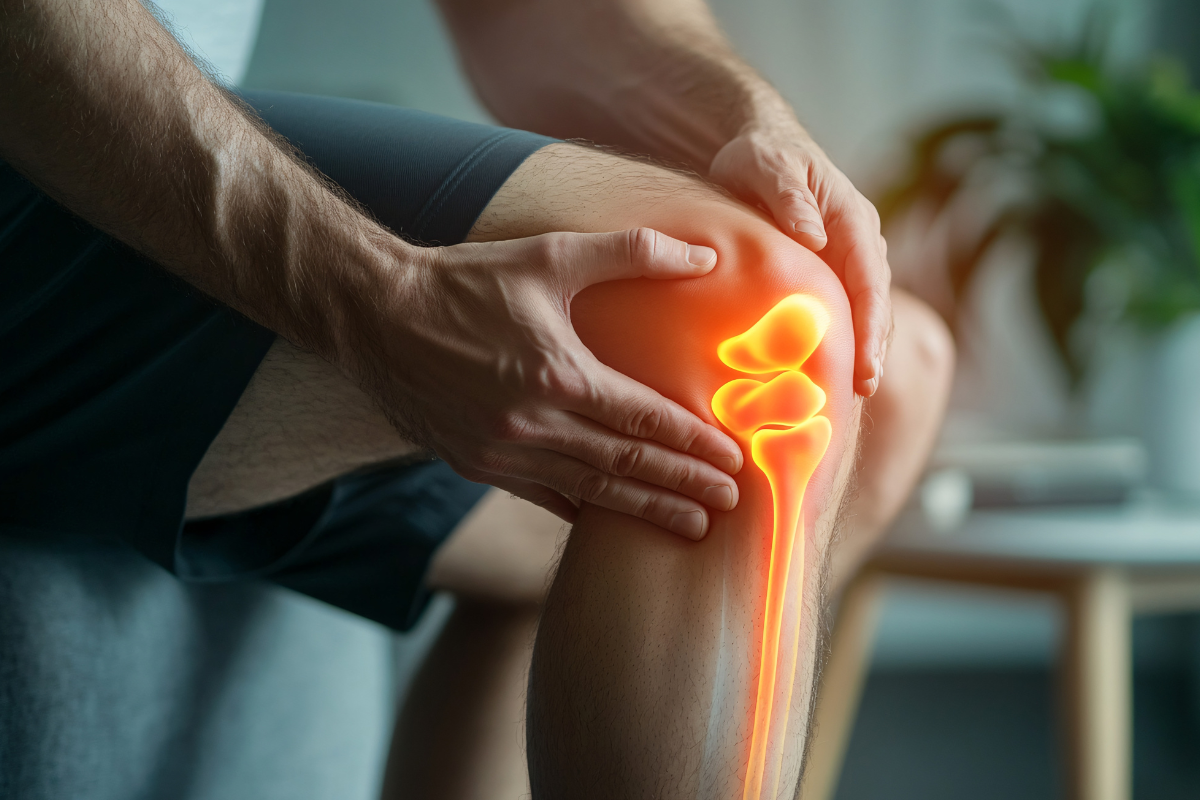Two studies published in The BMJ have warned that recommending calcium supplementation to prevent fractures, is ineffective at improving bone health in older individuals. While increasingly calcium intake has historically been the prescription for strong bones, new evidence suggests this recommendation may need to be re-thought.
Currently guidelines suggest that older men and women should be consuming a minimum of 1000-1200 mg of calcium per day, to support bone health and improve bone density. In an effort to meet these requirements, many people supplement their diet with calcium.
Recently, health care providers have been concerned about the safety of calcium supplements, and as such, have begun to recommend to their patients that they get their daily dose of the mineral through diet alone. What affect this change in the way patients meet their daily calcium requirements has on the health of a person’s bones, is currently unknown.
In an effort to determine the basis for the recommendation to increase calcium supplementation after a person reaches a certain age, a team of researchers in Australia used available data from a host of randomized clinical trials and observational studies. The researchers collected data from these studies of calcium supplementation in people aged 50 and over, and took study quality and design into account in order to minimize bias.
The first study that the researchers analyzed, provided evidence that an increase in calcium intake – from both supplementation and dietary sources – only increased bone density by 1-2 percent. According to the researchers, these small improvements in bone health, “are unlikely to lead to a clinically meaningful reduction in risk of fracture.”
In the second study investigated by the researchers, they identified no link between a risk of fracture and dietary calcium intake. They also found that there was no clinical trial evidence supporting the claim that increasing how much calcium a person is getting from their diet, lowers their risk of bone fracture.
Professor Karl Michaëlsson from Uppsala University in Sweden, argues that healthcare professionals need to reevaluate the recommendation of increasing calcium intake as a preventative measure against fracture risk. “The weight of evidence against such mass medication of older people is now compelling, and it is surely time to reconsider these controversial recommendations,” he says in an editorial accompanying the article.
Michaëlsson explains that some guidelines on increasing calcium and vitamin D intake, classify anyone over 50 as at risk of poor bone health, regardless of any other factors. He warns that most individuals taking the supplements will receive no benefit, and will conversely be prone to adverse effects of the treatment.
Sources:
- Increasing calcium intake unlikely to boost bone health or prevent fractures, say experts – http://www.sciencedaily.com/releases/2015/09/150929230044.htm
- Bolland, M., Leung, W., Tai, V., Bastin, S., Gample, G., Grey, A., and Reid, I. (2015). Calcium intake and risk of fracture: systematic review. BMJ. 351.












Join or login to leave a comment
JOIN LOGIN